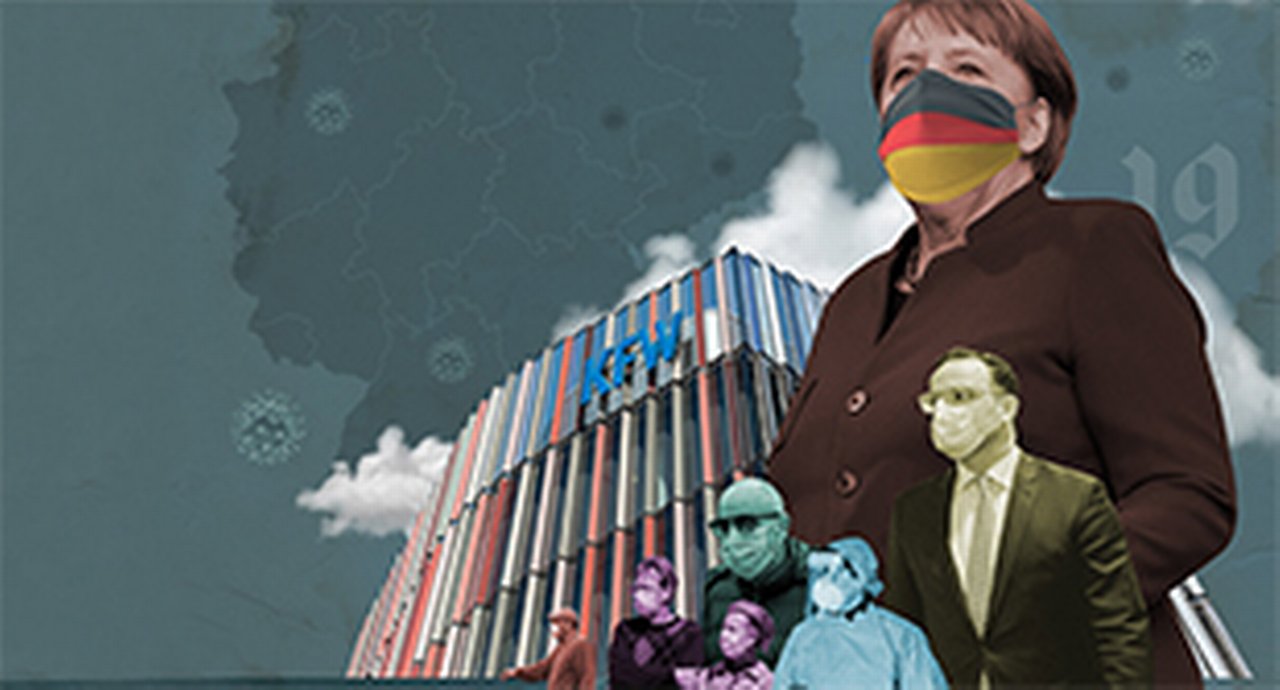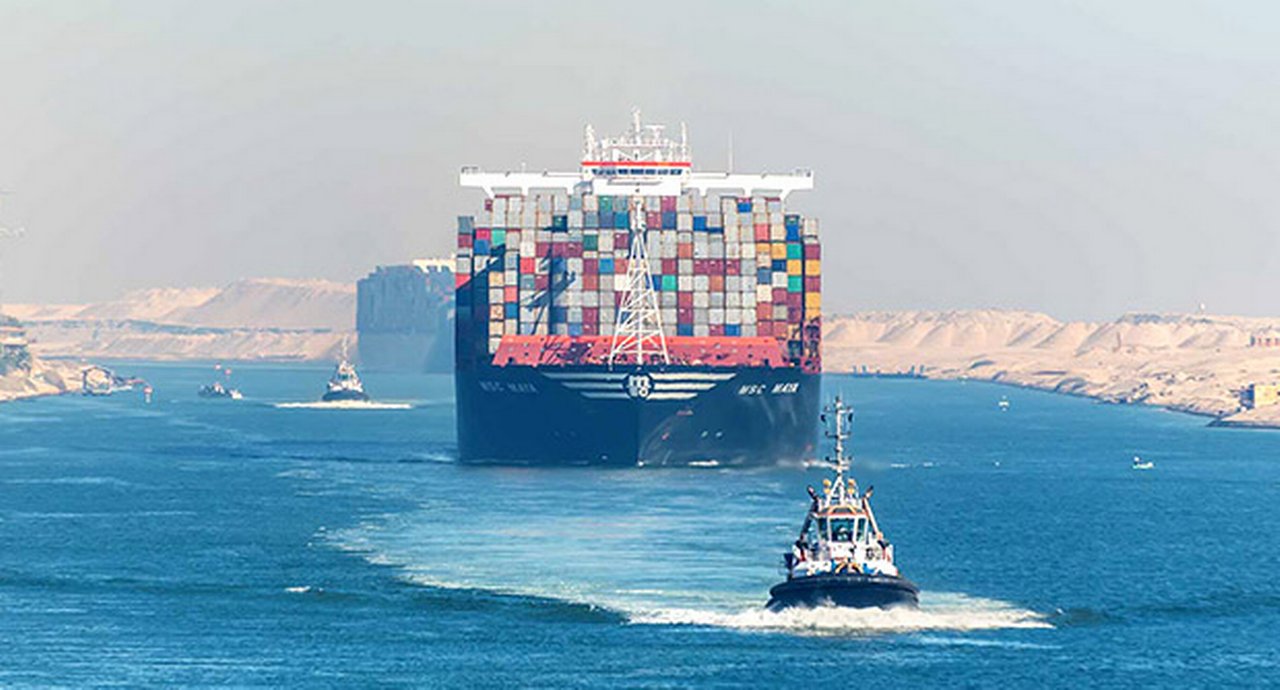11 January 2021
flow reports on responses to the long-awaited EU-UK trade deal, concluded just days before the transition period expired on 31 December 2020
For European Commission President Ursula von der Leyen, the EU-UK Trade and Cooperation Agreement (TCA) “will lay a solid foundation for a new beginning with a long-term friend”.
It is, according to UK Prime Minister (PM) Boris Johnson “a deal which will, if anything, allow our companies and our exporters to do even more business with our European friends”. Yet for the European Commission it creates (as stated in the agreement) “new barriers to trade in goods and services, and to cross-border mobility and exchanges that do not exist today – in both directions”.1 And echoing the view of many sceptics, Global Trade Review’s senior reporter Eleanor Wragg2 describes it as “better than nothing” but no more.
These verdicts were among the first responses to the EU-UK Trade and Cooperation Agreement (TCA), a 1,246-page document agreed on 24 December 2020. While the UK formally departed from the European Union at the end of January that year, the remaining months of 2020 provided a transition period in which to agree a new deal with the EU on which to base a future trading relationship with its ex-member.
Up to the wire
An agreement on the TCA was always going to be last minute. Both sides had too much to lose from not doing a deal
“An agreement on the TCA was always going to be last minute,” argues Rebecca Harding, CEO of Corolis Technologies and independent trade economist. “Both sides had too much to lose from not doing a deal, so the key issue was to find a language that provided a framework for a closer relationship in the future.
According to Harding, this was guaranteed in the Rebalancing Clause, which acknowledged the UK’s status as an independent coastal nation, but which also allowed Level Playing Field terms to be guaranteed by the rights of either side to impose tariffs through a body independent of the European Court of Justice and UK courts.
In doing so, according to Harding’s research, the two sides have established a basis for moving together in the coming months and years, particularly on services trade. There is undoubtedly damage that has been done to UK exporters. Corolis Technologies data suggests that there are 5% fewer large exporting businesses and up to 10% fewer micro businesses since July 2019, and that revenues and employment, particularly among service sector exporters, have been severely hit.
Nevertheless, she is optimistic. It is a political agreement rather than an economic one that has finally been reached, and now that the UK’s Brexiteers can claim to have “taken back control” the economic and trade reality can be addressed with a new urgency for both sides.
Shortcomings
The Economist3 agreed that the deal represented only a modest Christmas present. The TCA, it noted “falls short of the best-in-class, comprehensive free-trade agreement that Mr Johnson once promised. And costly disruption to today’s frictionless trade is inevitable when Britain leaves the EU’s single market and customs union on January 1st.” All the same, it concluded “the deal is welcome. It will at least constitute a base on which to build further agreements.”
While the full details of the deal were not immediately available, the magazine (like many commentators) also expressed concern on what it didn’t include. “Its trade provisions relate almost entirely to goods, meaning there is next to nothing for services, which constitute 80% of Britain’s economy and make up the fastest-growing sector of global exports,” it noted.
“The EU has yet to deliver an equivalence ruling for financial-services regulation, and even when it does it can be withdrawn at only 30 days’ notice. Even more urgently needed is an EU data-adequacy decision to permit the free transfer of data, a crucial part of modern cross-border business. There is nothing in the deal on mutual recognition of professional-services qualifications.”
On balance however, The Economist declares that “bringing home a zero-tariff, zero-quota free-trade agreement is an achievement for Mr Johnson. (On trade in goods, this is a better deal than Canada has with the EU, the model he favoured; but it comes with more stringent obligations on maintaining a level playing field.)”
"The FTA could serve as the basis for further negotiations on deeper trade liberalisation"
The cost of friction
Although news of the deal was only confirmed on Christmas Eve, Deutsche Bank Research swiftly issued a white paper in response the same day. In Focus Europe: Turning a New Chapter: the UK-EU Trade and Cooperation Agreement economist Sanjay Raja and FX Strategist Shreyas Gopal noted that in line with expectations, the two sides had settled on a Canada-style FTA (CETA).
“For goods, the trade deal delivers on most expectations. Tariffs will be eliminated on all goods crossing between the UK and EU, while benefitting from quota-free trade. Non-tariff barriers will be erected, however,” they wrote.
“For services, in line with CETA, the UK deal provides the basis for further trade liberalisation, though is altogether unambitious. The UK has been unable to secure meaningful concessions around the cross-border recognition of professional qualifications, while financial services provisions are extremely limited as it stands.”
Raja and Gopal added that while a trade shock will be felt by both the UK and the EU from 1 January 2021, the impact will fall mainly on the UK as non-tariff barriers begin to kick in. Indeed, as early as 6 January the Financial Times reported that pan-EU food chain supplies were already being hit by the deal and Dominic Goudie, Head of International trade for the UK’s Food and Drink Federation said that the group was very concerned by the implications of the deal.
The FDF believes that the cost of added red tape and border checks could add £3bn to food importers’ costs, or around 8% 4. “We are moving from a situation where we had frictionless trade to one where we have a great deal of friction,” said Goudie. “Any suggestions that these costs will not lead to an increase in food prices should be taken with a really hefty pinch of salt.”
Deutsche Bank Research’s 24 December report suggests that the added non-tariff barriers will also slow the rate of the UK’s economic recovery – and that was before the imposition of a third UK-wide lockdown that has made a double-dip recession inevitable – and also push prices up gradually over the year. “Our analysis suggests that the direct impact could be around to 0.6% of GDP (for the EU27 it is much smaller at 0.2%).”
A triple whammy
In his subsequent report, UK Economic Notes: A double dip recession is coming – updating our growth outlook, issued on 5 January 2021 Raja confirms that the tighter anti- Covid-19 restrictions will add to the negative impact on growth caused by the new non-tariff barriers –as well as a further factor, the so-called “Brexit overhang”.
“We underestimated the level of stockpiling ahead of the Brexit transition deadline. Recent hard and soft data point to a big jump in stockpiling in the manufacturing sector,” Raja writes.
“Moreover, net acquisitions, which form part of the UK’s gross fixed capital formation will also likely be elevated in Q4-2020. Given the bigger bounce last quarter, it's likely that the drag to Q1-2021 will also be bigger. We expect negative payback from both sources to weigh on GDP by a little over 2% in Q1.”
However, the earlier report concludes on a more positive note. Raja and Gopal comment that with a deal in place, the UK and EU are now free to focus on building closer trade ties in a post-Brexit world.
“Indeed, the FTA could serve as the basis for further negotiations on deeper trade liberalisation, especially within services where the UK's new relationship with the EU will take a material step down from 1 January (particularly with regards to financial services),” they add. “However, this will take time, as will any potential FTA with the US. For now, the main benefit is the removal of Brexit uncertainty, which will allow the economy to focus on the Covid recovery in 2021.”
Deutsche Bank Research reports referenced
- Focus Europe: Turning a New Chapter: the UK-EU Trade and Cooperation Agreement by Sanjay Raja and Shreyas Gopal (24 December 2020)
- UK Economic Notes: A double dip recession is coming – updating our growth outlook by Sanjay Raja (5 January 2021)
Sources
1 See https://bit.ly/3q0LWXn on service.gov.uk
2 See https://bit.ly/3ovebxg on gtreview.com
3 See https://econ.st/3blHfTR on economist.com
4 See https://bloom.bg/38nSBoy on bloomberg.com
Go to Corporate Bank EXPLORE MORE
Find out more about products and services
Go to Corporate Bank Go to Corporate BankStay up-to-date with
Sign-up flow newsbites
Choose your preferred banking topics and we will send you updated emails based on your selection
Sign-up Sign-upSubscribe Subscribe to our magazine
flow magazine is published annually and can be read online and delivered to your door in print
You might be interested in
TRADE FINANCE, MACRO AND MARKETS {icon-book}
Germany’s lockdown lending Germany’s lockdown lending
flow talks to KfW’s Ingrid Hengster, who provides insights into the development bank’s partnership with the Germany government and commercial banking sector to support German businesses
Trade finance and lending {icon-book}
Trade’s choking hazards Trade’s choking hazards
What happens if cargo ships can’t get through ports? Does trade grind to a halt and impact economic growth in surrounding countries? Independent trade economist Rebecca Harding examines supply chain resilience
Macro and markets, Dossier Covid-19
The Age of Disorder The Age of Disorder
The traumatic year we’re living through is destined for the history books but may also mark the end of a 40-year economic era, a move away from globalisation, and the start of a more volatile, uncertain period. flow’s Graham Buck assesses the evidence



